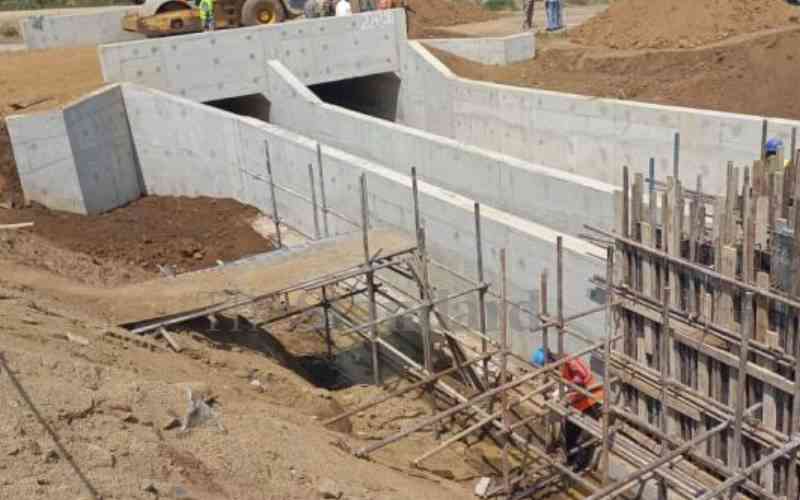×
The Standard e-Paper
Home To Bold Columnists

My first time in Nairobi was as a 10-year-old from Nandi County, to perform a solo item during Kenya Music Festivals at the KICC, where focus shifts soon, as Africa Climate Week (ACW) and Africa Climate Summit (ACS) begin.
Nairobi was not as beautiful as it is today. Give it to the construction industry for responding to parts of the Sustainable Development Goals 9, and 11, as the city now boasts modern infrastructure.